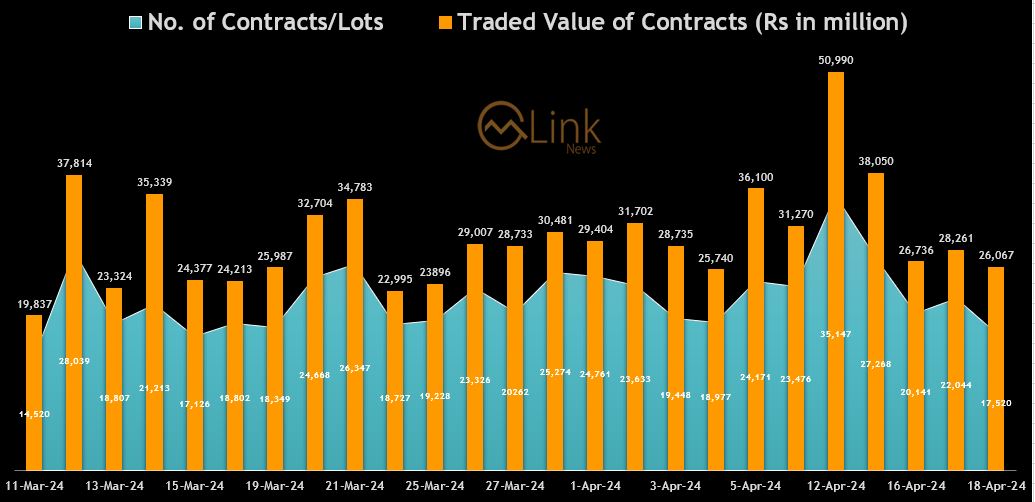That pile of bills may suddenly look like a mountain if your income has been affected by COVID-19. Under normal circumstances, we’re big fans of budgeting, paying your bills on time and avoiding debt. But these are not normal...
That pile of bills may suddenly look like a mountain if your income has been affected by COVID-19.
Under normal circumstances, we’re big fans of budgeting, paying your bills on time and avoiding debt.
But these are not normal circumstances.
Here’s all of our coverage of the coronavirus outbreak, which we will be updating every day.
Even if some relief is arriving in the form of a stimulus check, that check may not arrive in time for the bills due this week.
So if you’re experiencing tough times, you may need to decide which bills to pay and which to delay — and perhaps even lean on credit cards, according to Chad Parks, founder and CEO of Ubiquity Retirement + Savings.
“It’s not a good, sound strategy in normal times,” he said. “But when things are tough, you gotta do what you gotta do.”
We’re here to help you prioritize when you can’t afford to pay your bills.
What Can I Do If I Can’t Afford to Pay My Bills?
There are differing levels of crisis management, but there are a few basics you can’t ignore if you’re in a truly desperate financial situation.
“The easy answer is: home, food and probably transportation,” Parks said. “The rest you can probably wait on in the worst-case scenario.”
So you know you have to pay for the essentials, but even figuring that out can be overwhelming. Here’s a four-step process for prioritizing your bills.
1. Create a Barebones Budget
OK, it’s not like the coronavirus is an excuse to throw every piece of financial wisdom out the window. But it might mean adjusting your budget during a crisis.
The best place to start figuring out what you owe and what you can pay is by writing it out on a piece of paper, Parks advised.
“Get a snapshot all on one page because what generally happens with people is that we’ve got almost everything on automatic,” he said. “You lose touch with the real numbers — you forget how much things are and you forget the impact that can have on your monthly budget.”
Pro Tip
Almost all medical institutions will accept less than the full amount owed, but you need to know what to ask for. Follow these strategies when you can’t afford your medical bills.
To help prioritize, really assess your must-have expenses to survive. That includes food, but consider whether you can cut your grocery or takeout budget. Even things like cable might seem essential since you’re stuck at home, but could you downgrade from the premium package?
And don’t forget to check your credit card bill for recurring expenses, including subscription services you may have forgotten you had.
2. Add Up Your Sources for Funding
When you can’t pay your bills with your current income, you typically need to cut expenses and/or find additional income.
We’re still in favor of using a side gig for extra income — like one of these 100,000 Amazon jobs or one of these 700,000 jobs.
But if you’re recently unemployed and wondering where to get money to cover this month’s expenses, you need to locate all available sources and start thinking ahead.
Just like you wrote down your expenses, you should write down your sources for funding, starting with your income, if there is any. Remember to include money from side gigs, unemployment assistance and any money you may be receiving from government relief efforts (although you shouldn’t consider it an immediate source until you have the check in your hands).
Looking for a way to make more money? You could work from home. We post new job opportunities every weekday.
Those relief efforts may come in the form of a check sent directly to you as well as local, state and federal programs and incentives. Check your government’s website for daily developments, as new sources and programs are being announced regularly.
Also include the total amounts in your checking and savings accounts — and yes, if you have an emergency fund, the time to tap it is now.
Next, calculate how much available credit you have on your credit cards and any home equity lines of credit you may have. You may also be able to apply for a personal loan from your bank or credit union.
Again, we wouldn’t normally suggest you use credit cards to pay for basic living expenses, but if your city or state isn’t halting evictions and you need to make rent, for instance, you should include every potential source.
Two accounts that Parks wouldn’t recommend tapping if at all possible: Your 401(k) or 403(b). Besides the hurt it could put on your long-term retirement strategy, their protected status could become important if you don’t recover from this financial crisis and end up filing for bankruptcy.
“The one thing that most people don’t realize is that a 401(k) or a 403(b) is what’s called a qualified or protected asset,” he said. “That means that in a bankruptcy proceeding, they cannot make you use that money to settle your debts.
“If it was me, I would protect that asset at all costs because if I think bankruptcy is at all on the horizon, at least I could keep that whole.”
3. How to Deal With the Bills You Can’t Pay
Now compare the lists: expenses vs. funds. Then project each out for the next six months. It might not be pleasant, but at least you’ll know what you’re facing.
Before you call any lenders, consider asking for financial assistance from one of these resources for essential needs — any coverage you can get for one bill can free up money to pay another.
The one thing you shouldn’t do if you still can’t pay your bills: Ignore or dodge them. Besides the short-term consequences — car repossessed, utilities shut off — there’s also how it can affect your finances after the emergency has passed.
“You don’t want to affect your credit negatively in this time period if you can help it,” Parks said.
By dealing with lenders directly and honestly, you’ll have a better chance of emerging from this period in relatively decent financial shape and perhaps even saving on costly fees and penalties.
Practice what you plan to say before you call, including a brief explanation of why you’re unable to pay (lost job, illness) and how the lender can help (waive a late fee, accept a smaller payment).
Pro Tip
Get any agreement for financial assistance in writing — email is fine — rather than accepting a blanket statement or verbal confirmation.
Be realistic about your expectations and know if you qualify for programs and benefits that have been mandated by state or local governments so you can go into the conversation informed.
“It’s not going to be automatic — you have to call and say, ‘I would like to take advantage of that, and here’s my circumstance,’” Parks said. “And if there is no mandate, no help coming from governmental agencies, then it can’t hurt to ask.”
Here are some strategies for specific costs:
Mortgage
If your mortgage is backed by Fannie Mae or Freddie Mac, you may be eligible to temporarily delay making your monthly mortgage payments without incurring late fees or risking foreclosure.
You should contact your mortgage servicer (the contact info should be listed on your monthly mortgage statement) as soon as possible to inform them of your current circumstances.
Auto Loan
Depending on the servicer, you could have late fees waived or even qualify for a forbearance, allowing you to stop making payments temporarily.
But you must reach out to your lender directly and explain your financial situation — Edmunds has a list of auto loan relief programs.
Credit Card
For credit cards, you might need your line of credit to cover current cash shortcomings, so making the minimum payment is important.
If you are unable to do that, call your credit card company to ask about its financial hardship program. You could potentially lower your interest rate, delay payments or even reduce your balance.
Student Loan
If you have federal student loans, you have the most options for skipping a payment, since the recently passed CARES Act has suspended payments for all direct loans held by the federal government and extended an interest-free period until Sept. 30, 2020.
But if you have commercially held student loans, you should reach out to your loan servicer just as you would any other lender to explain your situation and ask for a potential forbearance or payment restructuring.
4. Get Back on Track
Keep in mind that all of these measures should be temporary ways to keep your head above water during a crisis. As soon as you’re able, you should return to your former strategies of paying down debt and building up your savings.
But these temporary measures could help prevent permanent damage to your finances and protect your family, so don’t be afraid to pursue every option available.
Tiffany Wendeln Connors is a staff writer/editor at The Penny Hoarder. Read her bio and other work here, then catch her on Twitter @TiffanyWendeln.
This was originally published on The Penny Hoarder, which helps millions of readers worldwide earn and save money by sharing unique job opportunities, personal stories, freebies and more. The Inc. 5000 ranked The Penny Hoarder as the fastest-growing private media company in the U.S. in 2017.












